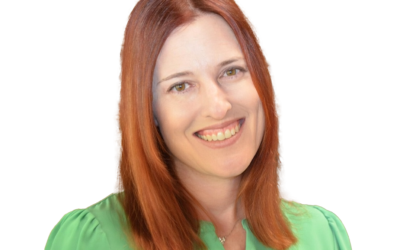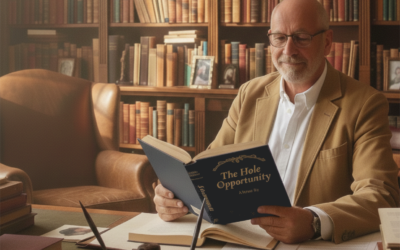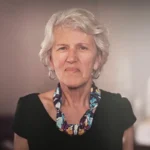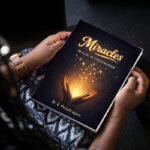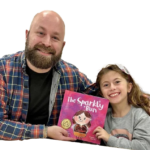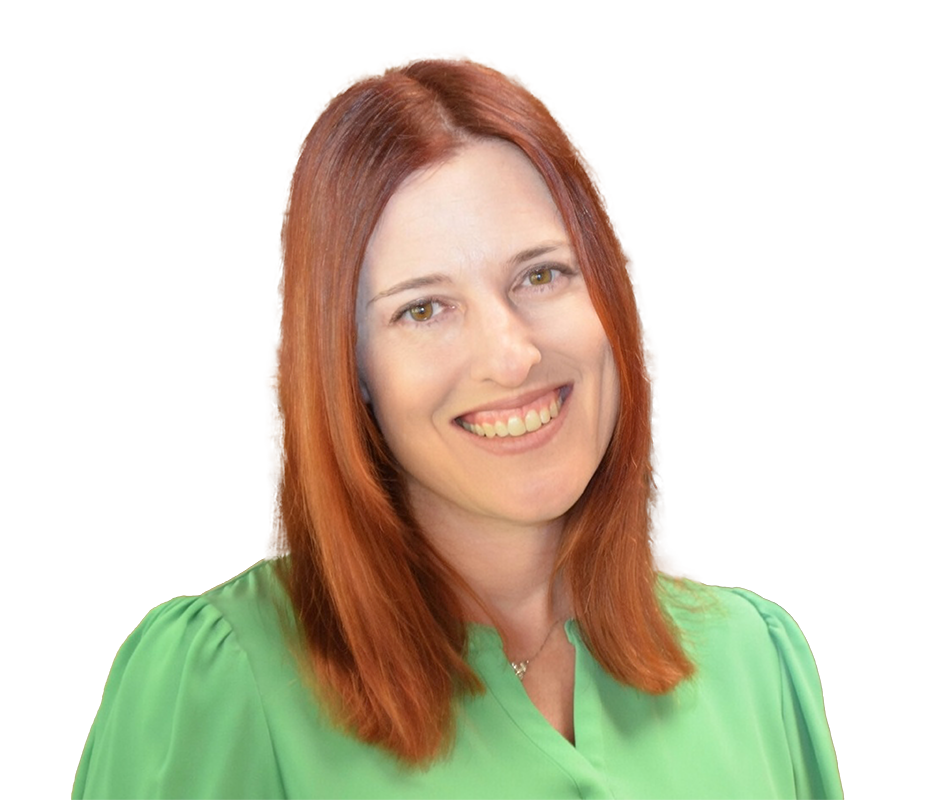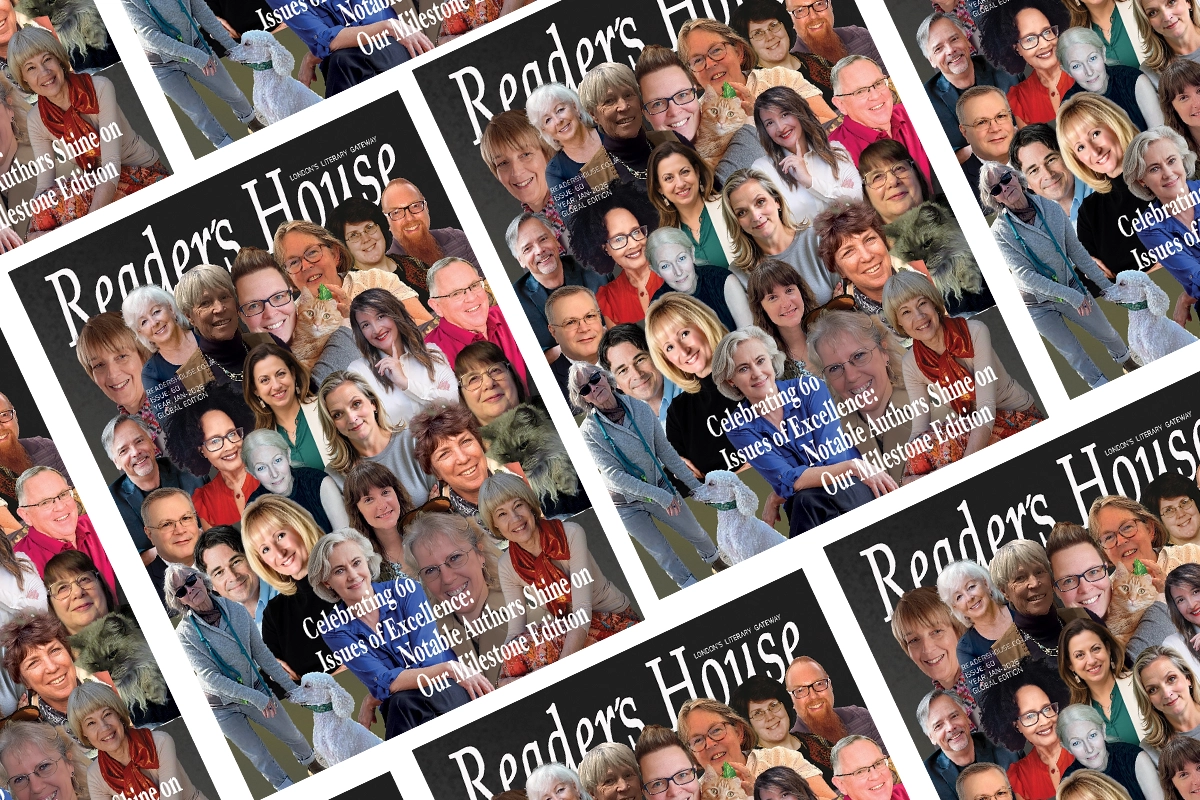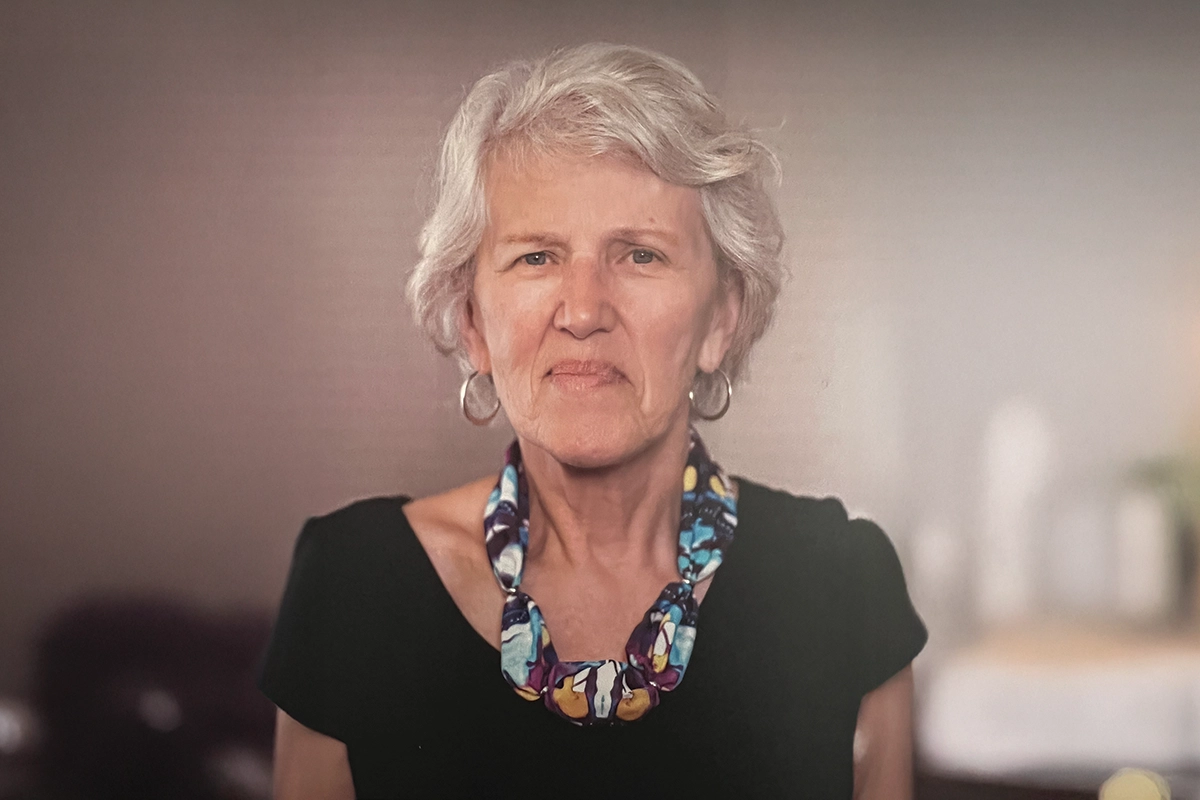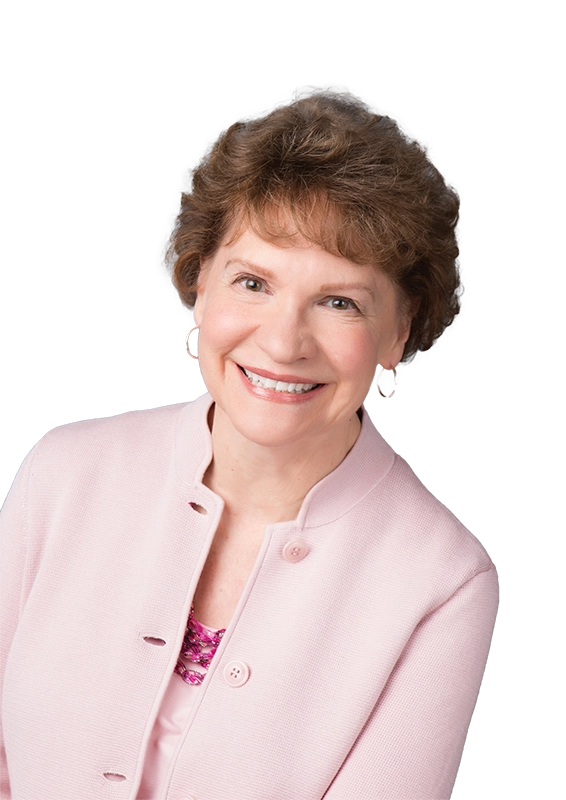Dave Lewis Shaping Welsh Literature With Grit, Authenticity, And Vision
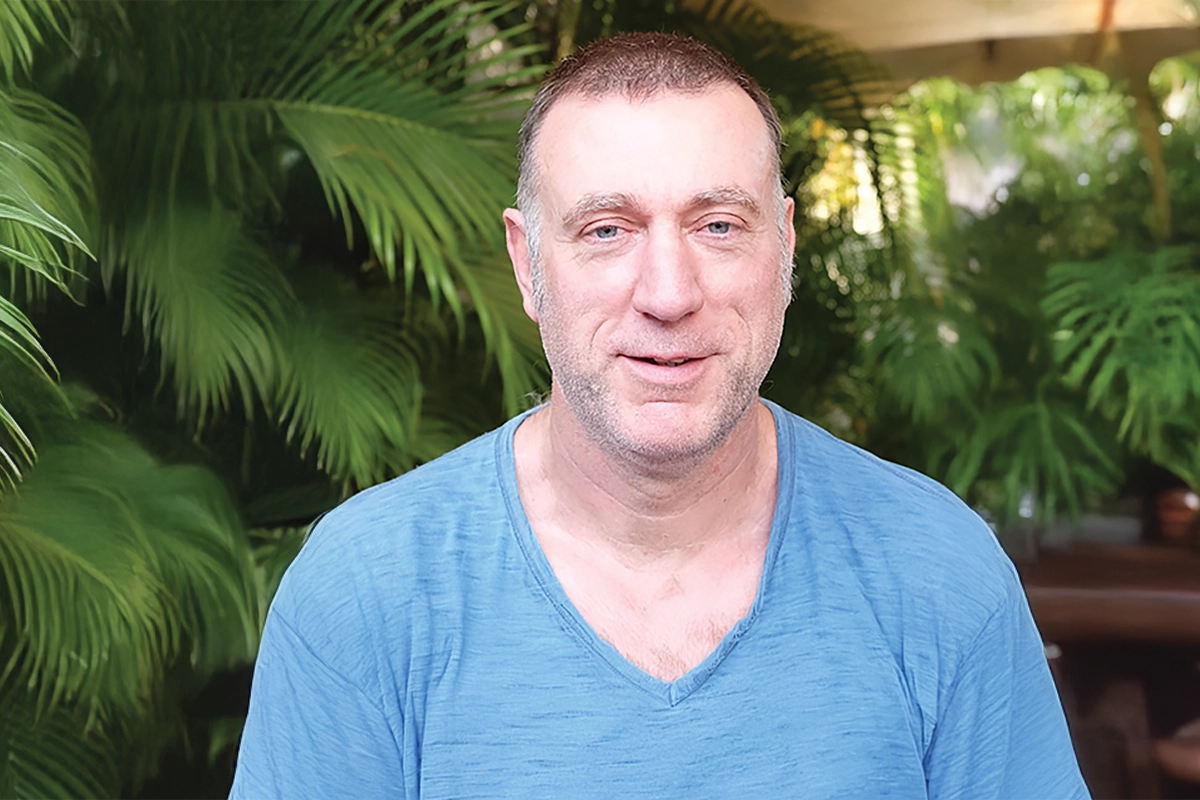
Championing Working-Class Voices In Poetry And Prose
Dave Lewis discusses his bold journey from science teacher to prolific writer, poet, and photographer, championing individuality, exploring Welsh culture, and confronting injustice in his work.
Dave Lewis is a writer, poet, and photographer whose artistic vision is as bold as it is transformative. Hailing from the working-class roots of Cilfynydd, Wales, Lewis has carved an uncompromising path through the literary landscape, producing more than twenty books that range from evocative poetry collections to gritty crime thrillers. His work dares to question societal norms, confront injustice, and explore the depths of human resilience—often merging the striking imagery of photography with the raw power of words. A champion for authenticity, Lewis has not only built a remarkable career but uplifted others in the process, establishing the International Welsh Poetry Competition as a bastion of fairness and creativity.
In his poignant epic poem Roadkill, Lewis tackles class struggles and societal inequities with a fiery intensity, while Going Off Grid offers an eye-opening critique of digital capitalism in our modern age. His much-celebrated crime thriller trilogy, featuring the enigmatic serial killer Hagar, seamlessly weaves Wales and East Africa into a tapestry of suspense, while his novel The Welsh Man stands as a vivid, uncompromising portrayal of working-class life. Whether through poetry, prose, or enigmatic photos, Lewis channels his deep connection to the Welsh valleys, Africa, and his own lived experiences to craft art that resonates with sincerity and depth.
At Mosaic Digest Magazine, we celebrate voices that pave the way for meaningful, disruptive creativity, and Dave Lewis embodies this mission like few others. Resolutely independent and refreshingly unfiltered, Lewis reminds us why storytelling matters—it connects, challenges, and endures. Dive into our illuminating interview to discover why Dave Lewis is not only reshaping Wales’ artistic identity but proving that grit and authenticity are a true mark of greatness.
Dave Lewis is an unyielding force in Welsh literature, blending authenticity, artistry, and resilience to craft works that challenge, inspire, and transform.
When did you discover a love of the arts?
I began writing poetry around the age of nine or ten years old. It was rubbish. By fourteen, I’d discovered Dylan Thomas, even though I didn’t understand a word of it. I also read Wordsworth, I liked him ‘cos he wandered the hills like me, although I wasn’t lonely ‘cos I had a Labrador. Then, I discovered Shelley, whom I loved. Although I read zoology at Cardiff University, literature was never far away. Living in the city, I met a few local characters; a gay, alcoholic poet in the Old Arcade pub introduced me to TS Eliot and Ezra Pound, an English girlfriend introduced me to William Blake, and a photojournalist I knew suggested an SLR camera I should buy.
What inspired you to transition from teaching science and PE to becoming a full-time writer and photographer?
The reason I gave up school teaching was because of the state of the education system in third-world Wales. I saw the ultra-woke nonsense on the horizon and knew I had to get out before I lost my sanity. I love science, but when I decided to leave the teaching profession, the arts seemed like the clean break I desired. I did lecture photography for about eight years before deciding to write full-time.
Write what you know, don’t give up, but most importantly,
read, read and read some more.” – Dave Lewis
How did your time in Kenya influence your perspective on life and your creative work?
I’ve loved ‘Africa’ as a place and a concept since I was six years old. Kenya certainly changed my life. I gave up a Head of Biology job to go there, came back to nothing and had to start again. I’ve travelled around Kenya, Tanzania, Zimbabwe, Botswana, Namibia and RSA so ‘Africa’ is often present in my work somewhere.
What motivated you to start the Welsh Poetry Competition, and how do you feel it has impacted the literary scene in Wales?
The poetry scene in Wales was pretty awful at the time. You generally only got published if you knew someone. Nepotism was rife. I wanted to start a poetry contest that gave every writer an equal chance of getting noticed. In 2026, it will be twenty years since the competition began, and along with our wonderful judges, I’ve turned the contest into the biggest in Wales. Has it changed anything in the Welsh literary scene? I don’t think so. The same quango gets about five million pounds a year to promote literature in Wales, yet we get zero cash and zero help from them, even though that is their actual job. Crazy!
Your work often blends photography with poetry—how do these two art forms complement each other in your creative process?
Being an outdoors sort of person, have always taken photographs of weird and wonderful things. Sometimes an image can inspire a poem, and sometimes vice versa. They say a picture paints a thousand words, so I thought why not try to do both?
Can you tell us more about your ‘Cymru noir’ style and what makes it unique in the crime thriller genre?
‘Cymru noir’ for me is the Welsh version of Jack Reacher’s America. Think of TV series like Hinterland, or Hidden, that uniquely highlight our culture, language and landscape. My own background is the south Wales valleys, very traditional, poor, but resilient. A dark sense of humour. My trilogy features Pontypridd, the valleys, Brecon, Cardiff, but also ventures to London and East Africa. ‘The Welsh Man’, is pure valleys, 80s and 90s, and concludes at Porthcawl, a popular seaside resort. I love the novels and plays from the sixties – the so-called ‘kitchen sink dramas’ that showcased a tough working-class Britain. That realism has been lost, and I feel my own ‘lived experience’ isn’t properly represented in the arts anymore. This was a great opportunity to correct that.
You’ve been quite vocal about inequality in the arts scene—what changes would you like to see in how literary funding is distributed in Wales?
Simple. Abolish the Arts Council and, in particular, Literature Wales. They get millions of pounds of taxpayers’ money, and most of it is spent on salaries. Young Welsh artists rarely get a penny. If public money is to be distributed, then maybe targeting the underrepresented in Wales should be a priority, i.e. white working-class men. The system, like many in Wales, is broken. If you’re not ultra-woke these days forget it – that needs to change.
From cycling adventures to photography tutorials, your writing covers a wide range of topics. How do you decide what to write next?
I write what I want, when I want. I do have about four ideas for very different novels bouncing around in my brain at the moment. If I cycle and fancy writing a book, I will do that. My latest release is a critique of how bad Welsh rugby is at the moment, told through the eyes of four very rowdy characters, who, macho as they are, aren’t immune to current mental health struggles. I also have a new poetry collection about a third completed. Some say I should concentrate on one genre, say crime thrillers, and try to get an agent. But, I can’t write to order like some people, I just write what I know and feel.
How has self-publishing empowered you as a writer, and what are some challenges you’ve faced along the way?
Without self-publishing, I’d probably have given up a long time ago, although I would have still written poetry and taken photographs. I can produce a book whenever I feel like. I don’t sell as many as traditionally published authors, but the freedom I have is worth that sacrifice. Yes, it would be nice to make some real money, yes, ‘The Welsh Man’ should be made into a film, with Shane Meadows or Danny Boyle directing, but you can’t let it get you down. The main challenge is that many people don’t consider a self-published book as good as those traditionally published. This might be true for many books, but it isn’t always. Publishers don’t care if a book is any good or not. All they care about is making money. Shame they couldn’t do both.
What does being named ‘Author of the Month’ or collaborating with renowned Welsh poets mean to you personally and professionally?
It was fab to be named Author of the Month by Welsh libraries, it showed me someone has noticed my work. Getting to know great writers like Kathy Miles, John Evans, Mick Evans, Sally Spedding, Mike Jenkins and many others has been inspiring for me. Having my poetry hero, Brian Patten, read my work and comment positively was awesome. Shame Kerouac has gone eh?
What advice would you give to emerging authors, especially those working outside the traditional literary mainstream?
Write what you know, don’t give up, but most importantly, read, read and read some more.
Which of your many books would you recommend to someone who first approaches your work, and what book are you most proud of?
If it’s poetry, then try ‘Going Off Grid’ or ‘Scratching The Surface’, and if it’s crime thrillers you’re after, the Hagar Trilogy, starting with ‘Ctrl-Alt-Delete’. I’m most proud of ‘The Welsh Man’ though.
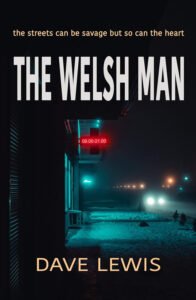
Editor’s Note
Dave Lewis’ The Welsh Man is a masterful addition to crime fiction, seamlessly blending grit, emotion, and vivid realism in this compelling Cymru Noir thriller. The novel brings 80s and 90s Britain to life through the eyes of Paul Thorne, a flawed yet deeply human protagonist. Lewis excels at exploring themes of love, betrayal, and survival against the haunting backdrop of grim Welsh landscapes and the ruthless underworld. His prose is powerful and evocative, lingering like a bruise on the heart long after the final page. With beautifully crafted characters and a gripping narrative, this tale of jealousy, tragedy, and redemption solidifies Lewis as one of Wales’ most distinctive voices. The Welsh Man delivers an unforgettable, page-turning experience.

